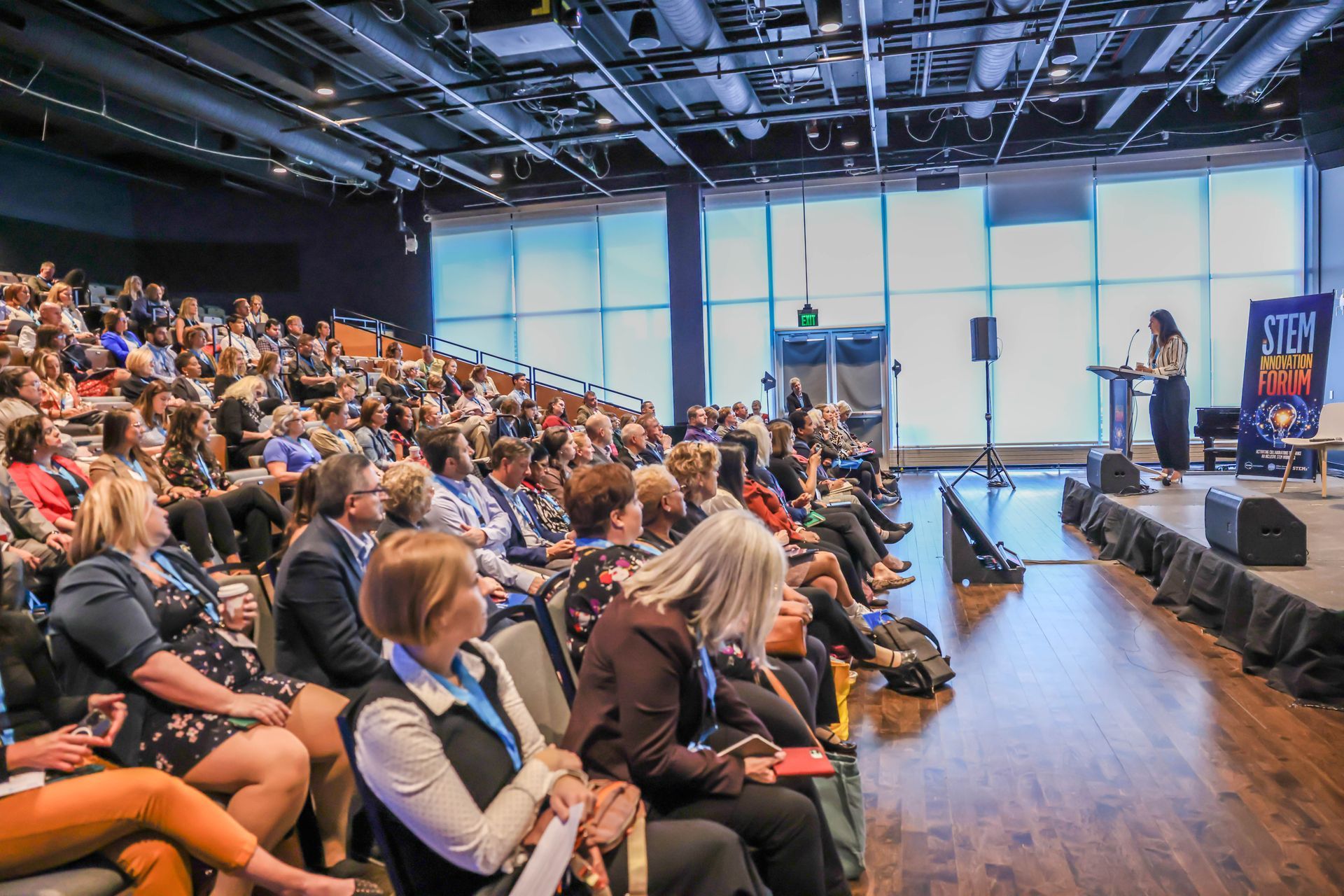Educators, learn policy through this fellowship
Patti Obenour is an Education Project Manager with the Oak Ridge Institute for Science and Education ( ORISE ), which is a U.S. Department of Energy Institute. ORISE administers the Albert Einstein Distinguished Educator Fellowship (AEF) Program, which is managed by the U.S. Department of Energy in partnership with other sponsors, including the National Science Foundation and NASA.
Patti reached out with details about an interesting opportunity, so we traded some questions and answers with her. Applications are due November 19.
Very broadly, what’s the goal of the Albert Einstein Distinguished Educator Fellowship?
Patti Obenour is an Education Project Manager with the Oak Ridge Institute for Science and Education (ORISE), which is a U.S. Department of Energy Institute. ORISE administers the Albert Einstein Distinguished Educator Fellowship (AEF) Program, which is managed by the U.S. Department of Energy in partnership with other sponsors, including the National Science Foundation and NASA.
The Albert Einstein Distinguished Educator Fellowship (AEF) Program provides a unique opportunity for accomplished K-12 science, technology, engineering and math (STEM) educators to serve 11 months in Washington, DC, in a federal agency or US congressional office.
Einstein Fellows use their classroom experience and knowledge to contribute to federal STEM education programs. In the process, they develop a better understanding of the national STEM education landscape and enhance their skills as STEM educators and leaders.
Briefly, how’s the program structured?
The AEF Program begins in September with an orientation designed to prepare Fellows for their new roles and to provide them knowledge and skills that will help them be effective in their agency or Congressional offices. After orientation, Fellows report to their host offices, where they develop a scope of work for the 11 months that includes working on federal education program projects and assignments of interest to them and their host offices. Each month the Fellows participate in professional development events organized by the program and designed to enhance their knowledge and skills in areas such as STEM education leadership, STEM education grand challenges and STEM classroom education. The Fellows also create and follow an individualized professional development plan to help them make the most of the opportunities available to them during the program and their stay in DC.
11 months is a significant amount of time, why such a sustained commitment?
While 11 months is indeed a significant amount of time, the time goes quickly for the Fellows. All of the Fellows are coming directly from either teaching in the classroom or holding a school administrative position. The learning curve in their new environment in a Federal agency or Congressional office can be steep. The Fellows are not just “shadowing” the staff in their host office; they are tackling real projects, many of which are challenging and complex.
Fellows typically spend one to two months developing the projects that are of interest to them and their host offices. This will typically be followed by research and meeting with project stakeholders to move their projects or legislative initiative forward. During this time they are contributing their ideas, perspectives and expertise to other programs or legislative activities that their host offices are engaged in. Outside of normal business hours, Fellows take advantage of the outstanding resources available to them and the exceptional opportunities for expanding their professional STEM networks.
For some Fellows, 11 months is not enough time to complete all they would like to accomplish. However, the 11 months is sufficient time for the Fellows to make significant contributions to federal education programs and in the process broaden their perspectives on STEM education.
Great! Any outcomes of the fellowship you’re particularly proud of?
We are proud of the accomplishments of all of our Fellows, all of whom are outstanding educators. Some contributions of past Fellows include designing and implementing national STEM education programs, building partnerships among federal agencies, drafting legislation to improve K-12 STEM education and teacher preparation, evaluating national STEM programs centered on school reform, and designing online learning tools for students and teachers.
What’s coming next?
We encourage any K-12 STEM educators interested in applying to the program to do so by the November 19, 8 PM, EST deadline. For more information about the program and access to the online application system, educators can visit the DOE Web site: http://science.energy.gov/wdts/einstein As the program celebrates its Silver Anniversary with our 25th class of Fellows, we look forward to hearing about the accomplishments of our current Fellows and to meeting the candidates for the next class of Fellows this spring. We hope that one of your readers will be among them!





